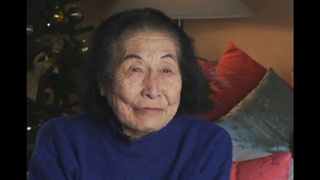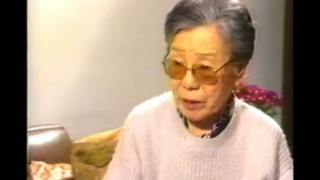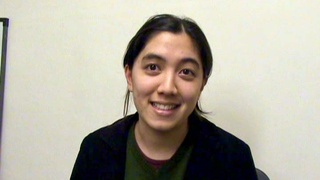Interviews
Kids working hard
I think my mother’s generation, like your grandmother’s generation, the Confucian ethics were instilled in them ever since they were young, [what] they learned in grade school. And I think that’s what [I learned] working with many picture brides, too. I really learned a lot from them because that’s what gave them the strength to endure, to persevere.
And for my mother, being a single mother, it must have been hard because I think not only doing laundry, I think she was determined to send us at least to the eighth grade. And so, most kids—my friends—many of them went only to the fifth grade because the parents couldn’t afford because they had to work in the fields. And field work, they paid only—my brother worked in the fields day after graduation from eighth grade. They were paid, really, only about 50 cents a day for 10 hours of hard work. And during summer, they got paid only 25 cents for a day, all the school kids. And so, it was tough for the kids.
Date: February 19, 2004
Location: Hawai'i, US
Interviewer: Lisa Itagaki, Krissy Kim
Contributed by: Watase Media Arts Center, Japanese American National Museum.














